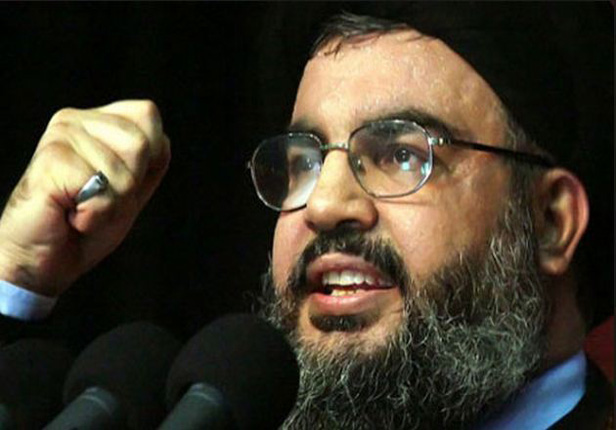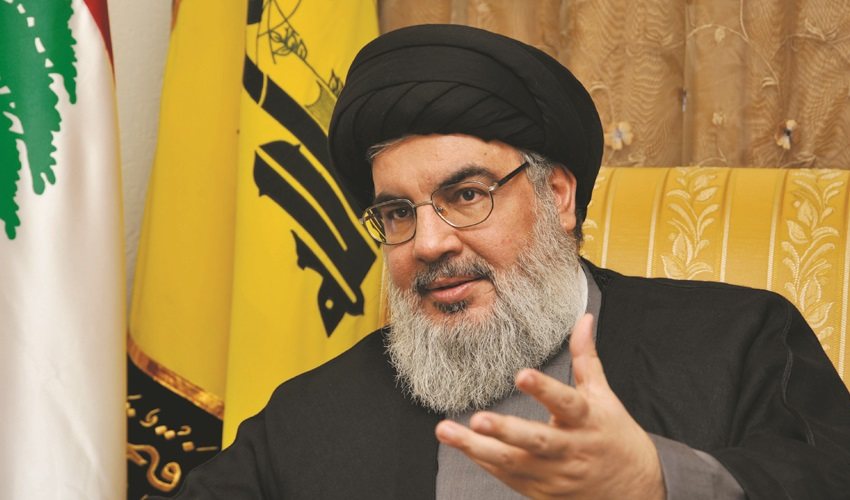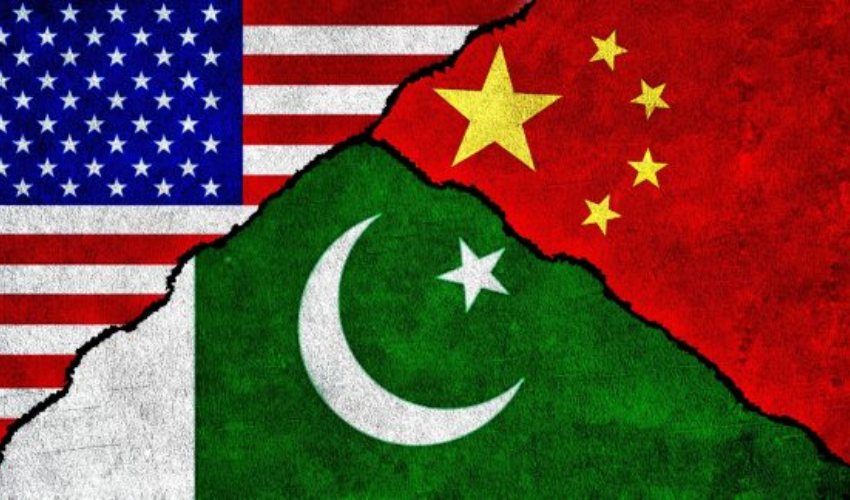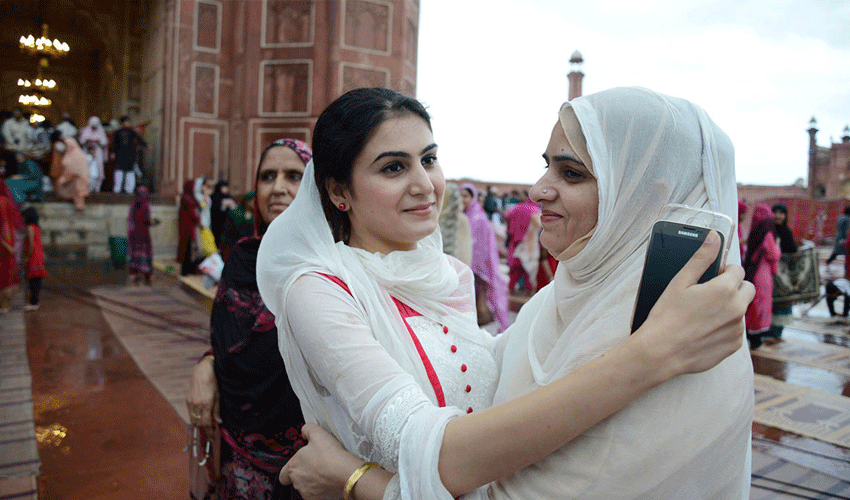Charismatic and influential leader of Hezbollah Syed Hassan Nasrallah continues to wield significant power in Lebanese politics and the ongoing Israel and Hamas war after more than three decades at the helm of the Shia Islamist political party and militant group in Lebanon.
Nasrallah's rise to power
Born in Beirut in 1960, Nasrallah's early education took him to the Shia seminary in Najaf, Iraq, where he honed his religious and leadership skills. Upon returning to Lebanon, he joined the Amal Movement, a Lebanese Shia militia, where his talents quickly propelled him into a prominent leadership role.

However, his opposition to Amal's cooperation with the Syrian government's occupation of Lebanon set the stage for his role in the formation of Hezbollah in 1982. This new Shia militant group, initially supported by Iran, would soon become the platform for Nasrallah's ascension to power.
Nasrallah became the Secretary-General of Hezbollah in 1992 following the assassination of his predecessor, Abbas al-Musawi. Under his leadership, Hezbollah rapidly evolved into a formidable military and political force in Lebanon, making its mark on both domestic and regional fronts.
Political views and alliances
Nasrallah is known for his staunch anti-Zionist stance and unwavering support for the Palestinian cause. He has been a vocal critic of U.S. policies in the Middle East and has consistently aligned with Iran, which serves as Hezbollah's primary financial and military backer. His alliance with the Iranian government is underscored by his praise for their steadfast support.

In addition to Iran, Nasrallah has also been a staunch supporter of the Syrian government, often defending its role in the Syrian Civil War. This alliance has further solidified his regional influence.
Military Leadership
Hezbollah boasts one of the most powerful militaries in the Middle East, equipped with an extensive arsenal of weapons, including rockets, missiles, and drones. Under Nasrallah's command, Hezbollah has engaged in multiple conflicts, most notably the 2006 war with Israel. The 34-day conflict resulted in significant casualties on both sides and solidified Hezbollah's military reputation.
Hezbollah's involvement in the Syrian Civil War, fighting alongside the Syrian government against rebel forces, further showcased the organization's military prowess.
Controversial figure and popular leader
Hassan Nasrallah's influence extends well beyond military matters. He remains a highly controversial figure, with Hezbollah designated as a terrorist organization by several countries, including the United States and Israel.
Despite this, Nasrallah is held in high regard by many Lebanese Shias for his resistance to Israel and his commitment to social justice. He has spearheaded social services for Hezbollah supporters, endearing him to his base.
In conclusion, Hassan Nasrallah's enduring influence on Lebanese politics and the broader Middle East landscape is a testament to his unwavering dedication to his beliefs. His three decades at the helm of Hezbollah have left an indelible mark on the region, and his future actions are certain to shape the geopolitical dynamics of the Middle East.


























